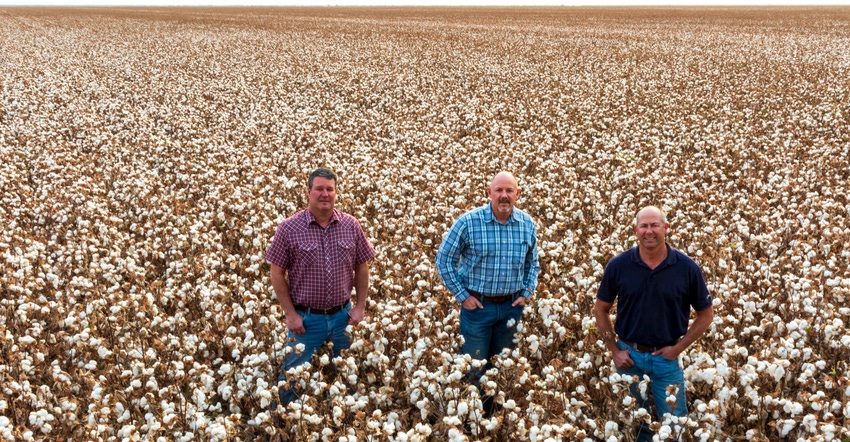
While it remains early, weather models suggest yet another dry year for the West, meaning continued reductions of irrigation supplies for farmers. How much water California farmers have next summer for crops will depend on winter rain and snow in the Sierra and Cascade watersheds.
Arizona farmers will fare worse as their promise of Central Arizona Project water was eliminated earlier this year. Groundwater will be their only source for irrigation.
One dynamic to watch in 2023 will be the cotton and canning tomato rotation common with some California growers. Agronomic challenges in tomatoes and higher cotton prices will surely drive those who can, to favor Pima cotton.
This year’s canning tomato price, albeit a record, was not enough to cover costs, according to at least one grower I spoke with this summer. The $105 contract price, though noteworthy for its figure and the timing in which it was announced, is not enough for growers pinched by rising input costs.
Related: Demand for Supima cotton continues to grow
In a video shared on LinkedIn, Nicole Wurzel, regional marketing manager of J.G. Boswell Company in Corcoran, Calif., said the continued drought will further challenge tomato paste supplies for the next couple of years.
“Drought and a reluctance to compensate California tomato growers for their crop have pushed available tomato acreage into more profitable, less risky competing crops,” she said.
One of those less-risky crops is Pima cotton, the extra-long staple (ELS) varieties marketed by Supima for premium clothing and linens brands. California remains the leading state for Pima production in the U.S. and is perhaps the best location in the world to produce high yields of high-quality ELS cotton.
Conversely, California continues to see its tomato yields falter as disease issues curb output.
Related: There's a renewed incentive to grow Pima
Meanwhile, companies still breeding Pima varieties are creating seed capable of remarkable yields. Before he retired as California’s cotton Extension specialist, Robert Hutmacher said his studies in central California suggested growers could achieve five-bale yields with the new varieties being offered to growers. I spoke with one of those growers who made five-bale Pima last season and was paid $3 per pound for it.
Coupled with record Pima prices that rocketed to $3.50 in late 2021, the incentive for growers who commonly rotate between tomatoes and cotton to stick with Pima is understandable.
Supima, the marketer of the U.S. ELS cotton used in luxury brands, says the Pima crop being harvested now will likely sell out by next spring as global demand remains high. That could keep Pima prices north of $3 per pound.
How this affects canning tomato contracts should be obvious as rumors circulate of a price next year at or above $160 per ton. It’s also a lesson in irony as I’m told some growers who removed their dead almond orchards may plant Pima next spring. Time will tell whether this prediction holds. Who’d have thought that cotton would ever become the preferred cash crop over California almonds.
About the Author(s)
You May Also Like






